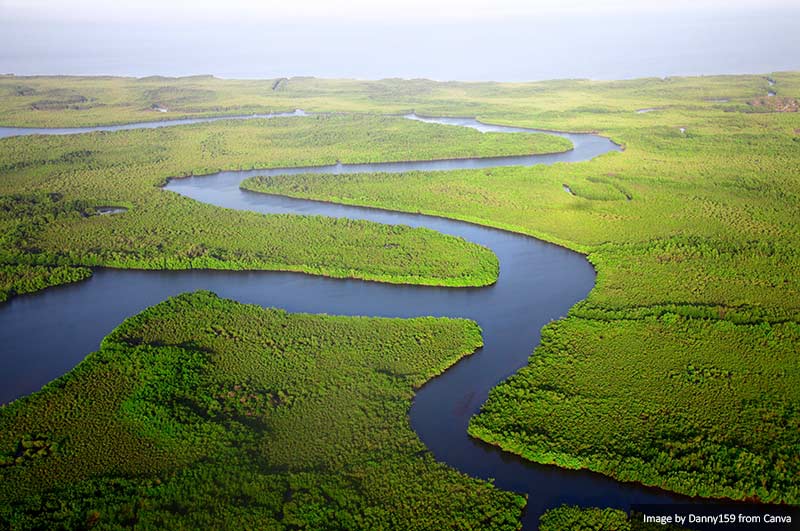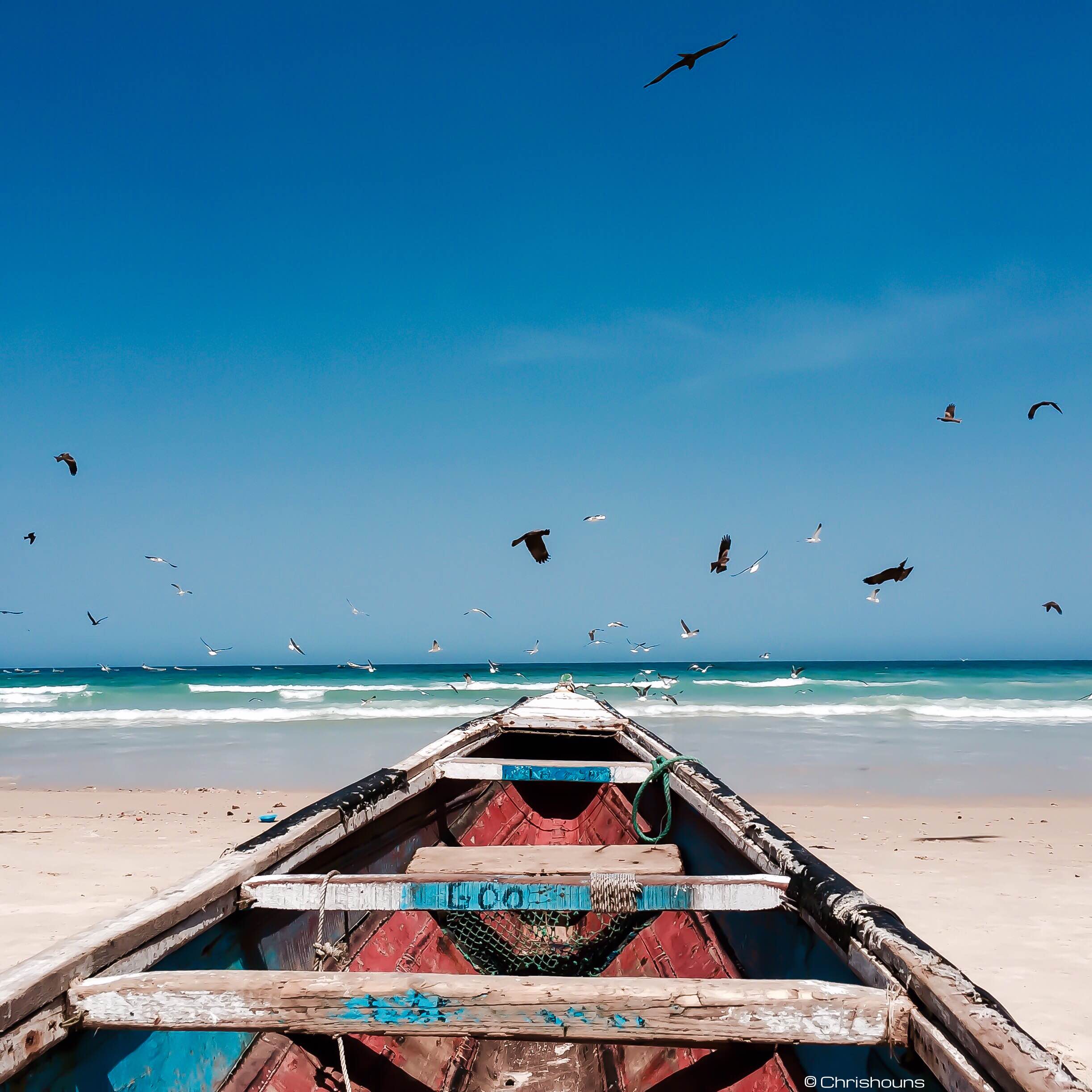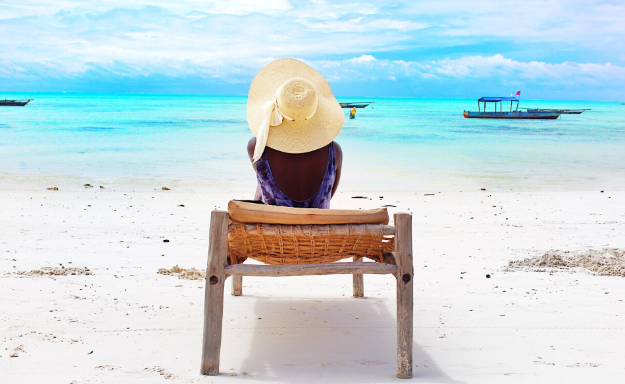Discover the vibrant energy of Dakar, Senegal, with this detailed 3-day itinerary, packed with must-see landmarks, cultural experiences, and local tips to make your trip unforgettable.
Day 1 in Dakar: Immerse Yourself in Dakar's Vibrant Culture
Experience Dakar's Vibrant Markets
Start your day by getting lost in the bustling energy of Marché Sandaga, Dakar's oldest and largest market. Wander through the colorful stalls overflowing with fabrics, crafts, and local goods, and soak up the authentic atmosphere of this lively hub.

Discover Unique Treasures at Soumbedioune Market
Next, head to Marché Soumbedioune, a vibrant craft market where you can find unique African carvings, statues, and souvenirs. Browse the stalls and chat with the artisans to learn about their craft and find the perfect piece to take home.

Uncover the Beauty of African Art
Immerse yourself in the rich artistic heritage of West Africa at the IFAN Museum of African Arts. Explore a vast collection of masks, textiles, and other artifacts, gaining insights into the diverse cultures and traditions of the region.

Journey Through History on Gorée Island
Conclude your day with a poignant journey to Gorée Island, a UNESCO-listed site that serves as a powerful reminder of the transatlantic slave trade. Explore the colorful colonial buildings and historical sites, reflecting on the island's complex past.

Day 2 in Dakar: Explore Dakar's Natural Wonders
Experience the Charm of Ngor Fishing Village
Embark on a scenic drive to Ngor, a charming fishing village known for its colorful boats and vibrant local life. Take a stroll along the waterfront, watch the fishermen at work, and savor the authentic atmosphere of this coastal community.

Relax and Recharge on Dakar's Beaches
Escape the city bustle and unwind on the sandy shores of Plage de Yoff. Enjoy the refreshing ocean breeze, take a dip in the clear waters, and soak up the sun while watching the world go by.

Witness the Surreal Beauty of Lake Retba
Venture further afield to Lake Retba, a unique natural wonder known for its striking pink hue. Learn about the high salt content that gives the lake its distinctive color and explore the surrounding landscape, capturing unforgettable photos of this surreal sight.

Ascend the African Renaissance Monument
Conclude your day with a visit to the African Renaissance Monument, the tallest statue in Africa. Ascend to the top for panoramic views of Dakar and learn about Senegal's history and aspirations for the future.

Day 3 in Dakar: Connect with Nature and Wildlife
Discover the Turtle Village
Embark on a journey to the Tortoise Village, a turtle sanctuary outside Dakar. Observe these fascinating creatures in their natural habitat, learn about conservation efforts, and gain a deeper appreciation for the importance of protecting endangered species.

Reflect on History at the House of Slaves
Visit the House of Slaves on Gorée Island, a poignant memorial to the transatlantic slave trade. Learn about the harrowing history of this dark period and reflect on the importance of remembering and learning from the past.

Experience the Charm of Ngor Fishing Village
Return to the charming fishing village of Ngor for a final taste of local life. Enjoy a delicious seafood meal at a waterfront restaurant, watch the sunset over the Atlantic, and savor the memories of your time in Dakar.

References
Transportation in Dakar
Getting around Dakar, Senegal can be a bit challenging, but there are several options available. One popular way to get around the city is by taxi, which can be hailed on the street or booked in advance. However, be aware that traffic in Dakar can be heavy, and it's not uncommon for taxis to get stuck in traffic. Another option is to use the city's public transportation system, which includes buses and minivans that can be boarded at designated stops. It's also possible to hire a driver to take you around the city, which can be a convenient option for those who don't want to navigate the traffic themselves. Additionally, some hotels and tour operators offer shuttle services to and from the airport, as well as around the city. It's worth noting that the city's public transportation system can be quite crowded, and it's not always easy to find a seat.
Dos in Dakar
- Learn a few basic phrases in Wolof, the local language, to interact with the locals and show respect for their culture.
- Try the local cuisine, including Wolof rice, a popular staple dish in Senegal.
- Be prepared for crowds and chaos in markets like Marche Sandaga, and be patient when shopping.
- Respect local customs and dress modestly when visiting mosques or attending cultural events.
- Stay hydrated and bring sunscreen, as the sun can be intense in Senegal.
- Bargain when shopping at markets, but be respectful and fair in your negotiations.
- Learn about local customs and traditions, such as the Grand Magal, to appreciate the culture and history of Senegal.
- Stay informed about local events and festivals, which can impact traffic and tourist attractions.
- Respect the environment and wildlife, especially when visiting national parks and wildlife reserves.
- Tip guides and service staff, as they rely on gratuities to supplement their income.
Don'ts in Dakar
- Don't drink tap water, and opt for bottled or filtered water instead.
- Don't walk alone at night, especially in isolated areas, and use reputable taxi services or ride-sharing apps.
- Don't display signs of wealth (e.g., expensive jewelry or watches), as petty theft can be a problem in tourist areas.
- Don't take pictures of people without their permission, especially in rural areas or during cultural events.
- Don't litter or dispose of trash improperly, as Senegal is working to reduce waste and protect its environment.






